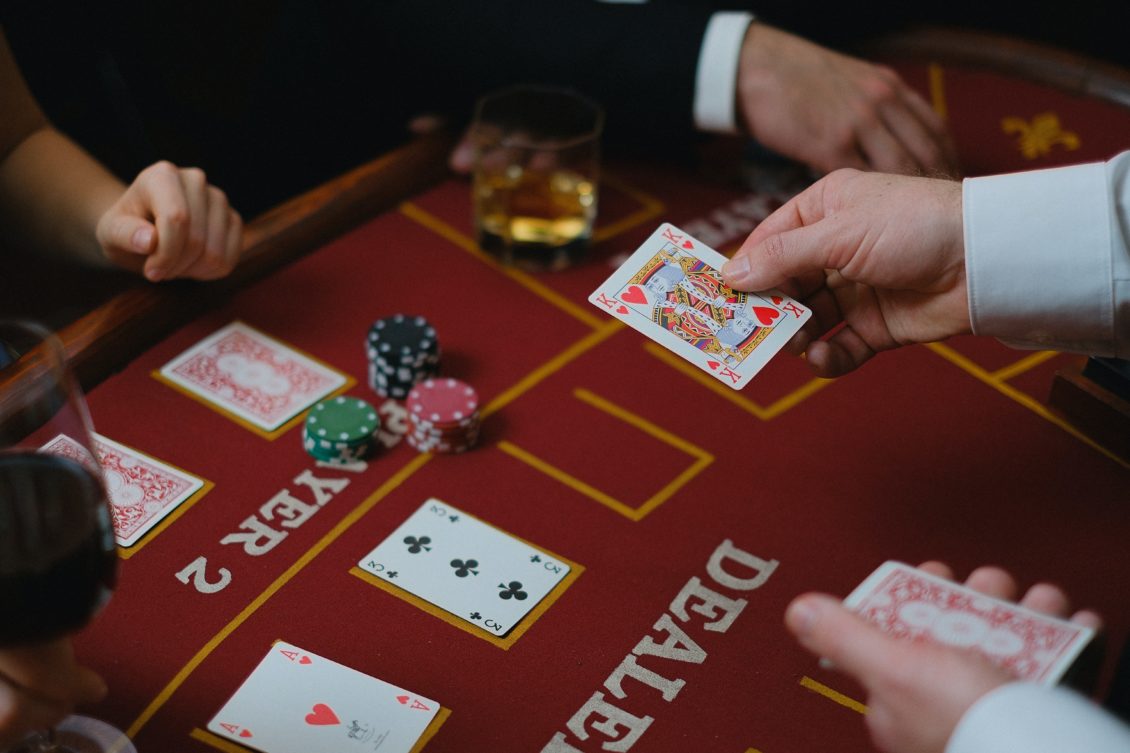
In the lively world of betting, casino activities have long seized the attention of participants around the planet. These activities, ranging from classic table options like blackjack to the spinning reels of slot machines, offer an intriguing combination of randomness and tactics. While chance undeniably plays a important role in shaping outcomes, the role of expertise in many gambling games cannot be ignored. Grasping how skill influences gameplay can enhance not only a participant’s enjoyment but also their likelihood of achievement.
As we dig into the inner workings of gambling games, it becomes apparent that some require a solid base of understanding and planning. Games like poker call for more than just chance; they call for strategic thinking, psychological insight, and strategic decision-making. In opposition, other activities, such as roulette and fruit machines, are primarily determined by chance, allowing participants to rely exclusively on fortune. This difference raises intriguing questions about what really drives victory in the world of gambling and how a participant’s abilities can tip the scales in their favor.
Understanding Expertise versus Chance in Casino Activities
Within the sphere of casino games, the debate between skill and luck is a enduring one. Numerous games are frequently categorized into two categories: those that depend predominantly on chance, such as slots and roulette, and those where skill plays a crucial role, like the game of poker and 21. The difference is crucial because it affects not only gameplay strategies but also the approach players take when participating with these games. Although luck can play a decisive role in the short term, skilled players can boost their chances of winning over the long run in skill-based games.
Skill-based games, especially poker, demand players to comprehend odds, psychology, and game theory. A seasoned poker player can read rivals, make strategic bets, and understand when to fold, all of which can lead to greater successful outcomes. On the other hand, in games that are purely based on chance, no amount of skill can alter the odds. This means that while a player may win big in one session, their victory may frequently be at the mercy to the vagaries of chance results rather than any tactical expertise.
Ultimately, both skill and luck coexist in the world of casino games, forming a dynamic environment for players. While games of chance can provide excitement and instant gratification, proficiency and strategy in skill-based games offer a richer level of engagement for those willing to invest time in honing their craft. This interplay between skill and luck defines the experiences of players and influences their relationship with the games they select to play.
The Impact of Ability on Game Outcomes
In the realm of gambling games, skill plays a crucial role in determining the outcomes, especially in activities where strategy and decision-making are paramount. For instance, in poker, players must assess opponents, calculate probabilities, and make strategic bets to enhance their chances of succeeding. Unlike activities that rely purely on chance, such as slot machines or roulette, this game demands an understanding of both the game mechanics and the psychology of other participants, making expertise a critical component of victory.
Other skill-based activities, like blackjack, also emphasize the significance of player skill. Understanding of basic strategy, card counting, and when to hit or stand can dramatically influence the house edge. A proficient blackjack player can lower this edge and improve their odds of winning over time. This contrasts sharply with games that do not allow for such tactical play, showcasing how the level of expertise directly affects the possibility for positive results.
Additionally, even within games deemed primarily chance-driven, like craps, the decisions made by players can influence their overall success. Choosing the optimal bets, understanding the odds of different results, and controlling one’s funds are essential factors that can enhance a participant’s experience and results. Thus, while chance remains a component in casino games, skill can significantly affect how effectively participants navigate these settings, leading to more favorable outcomes.
Tactics for Proficient Play in Casinos
To thrive in gambling games, players must develop a strong comprehension of the rules and odds involved in various games. This foundational knowledge enables individuals to make wise choices, especially in skill-based games like poker and blackjack. Getting familiar oneself with game tactics, such as keeping track of cards in blackjack or identifying betting patterns in poker, can significantly enhance a player’s odds of winning. Rehearsing these strategies through practice games or lower-stakes games allows players to improve their skills without putting substantial amounts of cash at stake.
One more key approach is budgeting. Players should establish a spending limit before entering the casino and stick to it strictly. This involves deciding how much they are prepared to lose and imposing restrictions on how much they will wager in every gaming session. bakar69 By keeping a disciplined approach to gambling, players can maintain their play and reduce the risk of significant losses. Additionally, taking time-outs can help preserve a clear mind and prevent rash decisions that often lead to unfavorable outcomes.
In conclusion, emotional control is vital in the intense environment of a gambling house. Players must be adept at controlling their emotions, particularly during periods of success or defeats runs. Staying attentive and not letting emotions dictate gameplay can lead to more rational decisions. Techniques such as taking deep breaths or stepping away from the table during heated moments can help keep composure. By cultivating a steady state of mind, players can approach gambling games with assurance and expertise, thereby enhancing their overall experience and results.
